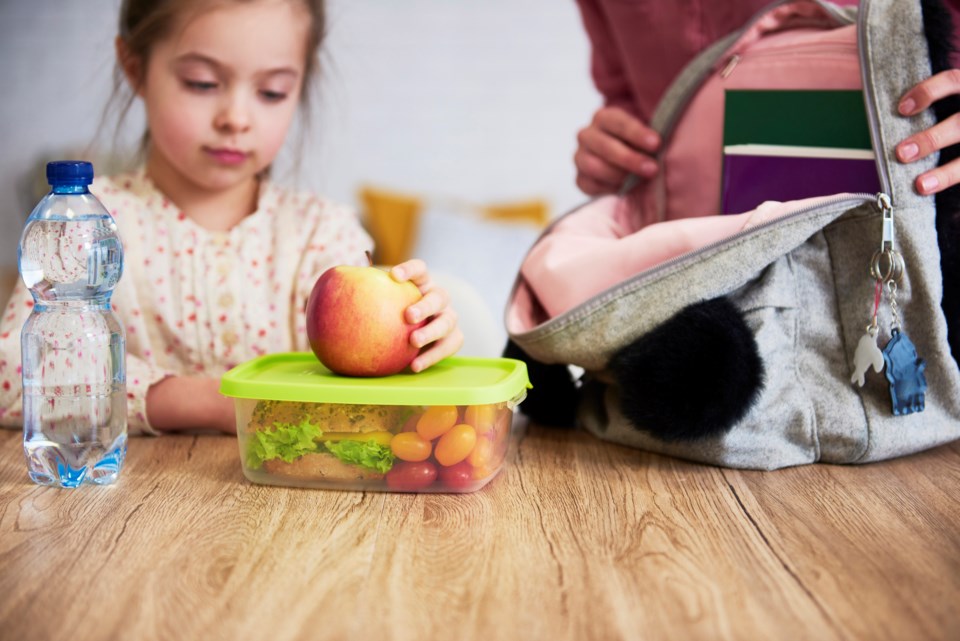Every year, for back-to-school, kids are inundated with advice on how to get good grades, stay healthy and set themselves up for success.
But what about the parents? The new school year can be a daunting time for grown-ups as well, especially as kids transition from grades, schools and stages of life.
Here, three Toronto teachers share what they wish parents knew as kids get back to school.
Disclose any important information early
James Ty, a Kindergarten teacher in Toronto, says that one of the best ways parents can set up their child, teacher and themselves for success early in the school year is to disclose any special needs, diagnoses or other information as soon as possible.
That way, the teacher can work closely with support staff and other teachers the student may encounter in order to give them the best, most informed education and care.
“We can work together and think about solutions together – and it’s important for me to know what works well at home too,” says Ty. “If the student has had consultations, if they’re seeing a doctor or a therapist, I want to know that.”
Building habits at home will lead to stronger habits in the classroom
Jay, a high-school math and science teacher at the Toronto District School Board who requested not to be identified by his full name, explains that fostering good habits at home is key to ensuring a successful school year – no matter the age of the student.
Jay says that guardians should be looking to set a good routine for students at home. “Get them into the habit of doing [a bit of work] right after school, or after a snack,” he says.
This can mean doing homework (especially important for older students who might be getting into the rhythm of independent work at home for the first time) or getting through part of a book that they’re excited about – all to build good habits and to make learning a part of their lives, even outside of school.
“It could be 10 minutes, it could be five minutes, it could be one page of something that they’re really good at. But the habit of sitting and doing something before they can have free time goes a long way,” says Jay.
Laura Sefi, a middle-school teacher in Toronto, echoes Jay. “As teachers, we spend a lot of time with our students but they ultimately go home and experience a whole new world beyond our control,” she says. “Our job is only as good as the support we get from parents at school and at home.”
It’s important for young kids to develop a love for school.
Ty says that one of the biggest things he emphasizes to parents of young children, like the ones he teaches, is that loving school is the number one lesson he hopes to impart.
“This is a really pivotal age in their child’s development, I think the key is to help the child love learning and school,” he says. Anything that the parent can do at home to foster that love of learning is deeply appreciated.
That might mean filling the home with age-appropriate books and making reading time a fun and integral part of the day, or spending some time at the playground with other kids to get the student used to hanging out with their peers.
Transitions can take time
Whether a student is heading to kindergarten for the very first time or moving up from primary to secondary school, transitions can be a bit rocky at first as the students’ whole day has changed – especially if they’ve moved schools.
Ty says that to help parents out, he usually e-mails out a questionnaire or tries to meet each parent in his class in order to introduce himself and get to know the families. This is super important for such young students who might be struggling with going to school, period.
Sefi adds that parents need not worry too much during transitions as teachers prepare well in advance for the arrival of students. “Administrators and teachers spend countless hours reading about their new incoming students, planning lessons based on universal design, creating classroom spaces that consider all the potential interests of their future students, and preparing materials to share and communicate to parents.”
But, it’s also important to remember that periods of change are hard no matter how old you are. Jay says that most high schools “do a good job of getting grade nine students through that process” by hosting a grade nine orientation day the year before or just ahead of back-to-school.
For parents, the message is: trust the process. While the first few weeks might be rocky, that doesn’t mean that the whole school year will be too.




